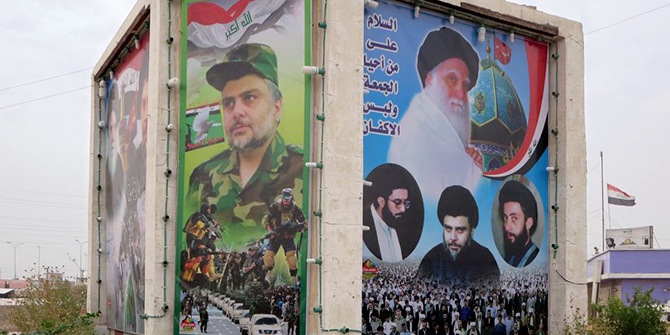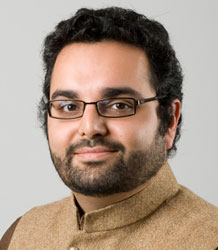
- 11 Jan 2019
[Political Economy] Sectarianising the Sunni-Shii Divide in the Middle East: Towards a Unified Theory
| This talk can be viewed here: | For more photos of this event, please click on the photo below. |
 |
(This event is organised by MEI’s Political Economy Research Cluster, as part of its quarterly public talks series.)
Abstract
Tensions, conflict, altérité, violence. Our current age seems to be afflicted by all of these. Increasingly these differences leading to discord are justified, motivated and promoted in the name of religious difference. Analysts squabble about the causes of the conflict and the competition ranging from an insistence upon reducing the process of differences to economic and structural reasons to the more theological, seeking to find the roots in resurgent religious identities and political theologies. However, far too many analysts looking at the Middle East and beyond point to Iraq, Syria, Yemen and much more as an explosion of age old sectarian tensions between Sunni and Shii communities that characterises the conflict. Religion as cause and explanation. But sectarianism is not an explanation. Nor is religion a simple solution. Much like forms of ethno-political conflict in the current world, we can look at how sectarianisation is a political process formed in the struggle for power, status, and scarce resources.
In this presentation, I will examine this process of sectarianisation in line with existing modern theories of political action and suggest how we can unite various accounts within a unified theory that does not reduce difference to conflict, nor seek a futile solution in religious and ethnic analysis. Just as the question of studying Islam in the current age is not sui generis requiring some unique analytical tools so too is the conflict, defined in religious terms in the Gulf, South Asia and elsewhere, compared to other situations and processes, not least those used to make sense of communalists and communalised politics globally.
About the Speakers

Islamic Intellectual History and Islamic Studies
University of Exeter
Sajjad Rizvi is Associate Professor of Islamic Intellectual History and Director of the Centre for the Study of Islam at the University of Exeter in the United Kingdom. An intellectual historian trained at Christ Church, Oxford and Pembroke College, Cambridge, he has written extensively on the history of philosophy, mysticism and hermeneutics in the early modern Islamic East. He is the author of Mulla Sadra and Metaphysics (Routledge, 2009) and most recently (with Annabel Keeler) of The Spirit and the Letter (Oxford, 2016). He has also written on political theology and the uses of religion in contemporary Islamic thought in Iraq, the Gulf and the wider region publishing papers in the Sociology of Islam and International Affairs among other journals. He has regularly appeared on the BBC, Channel NewsAsia, CNN, Channel Four, and other media commenting on developments in the Middle East since 2003, and has advised private concerns as well as the Foreign Office on issues relating to religion in the modern world.
Event Details
Block B, 29 Heng Mui Keng Terrace
Singapore 119620




